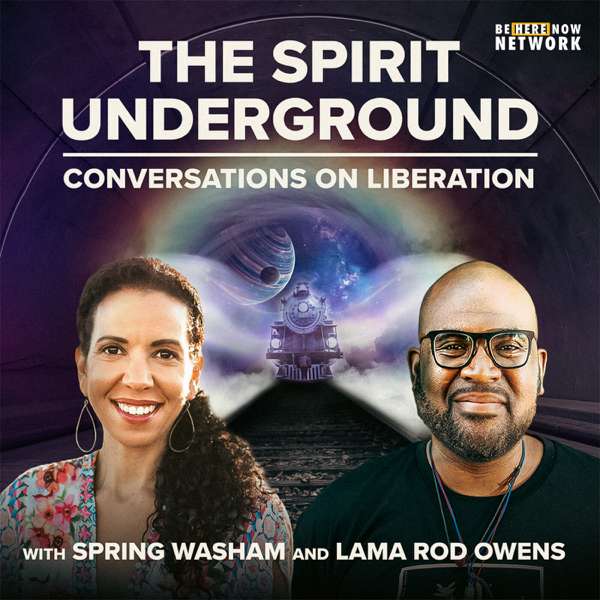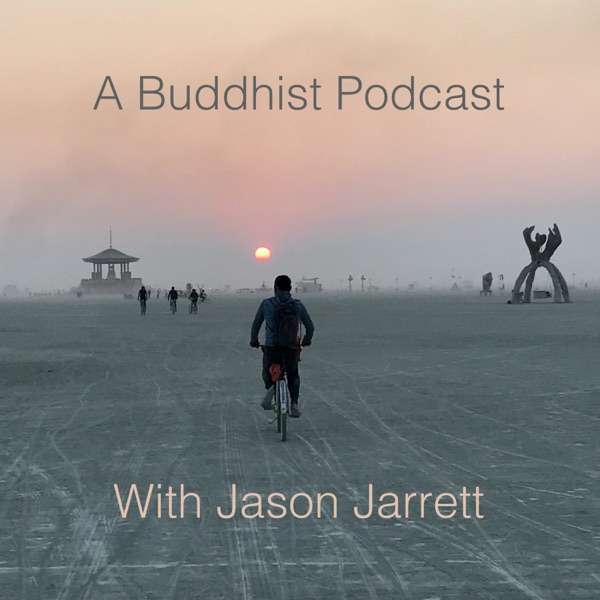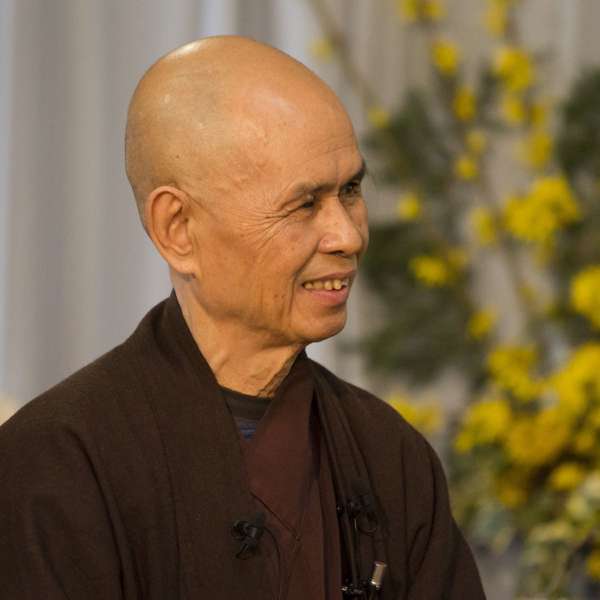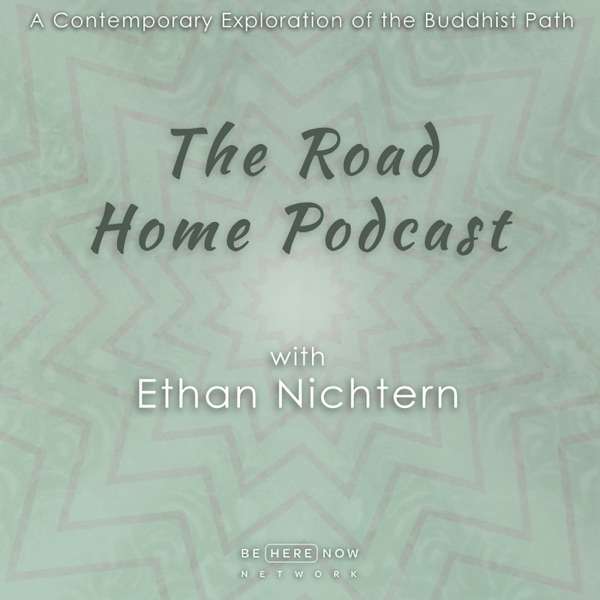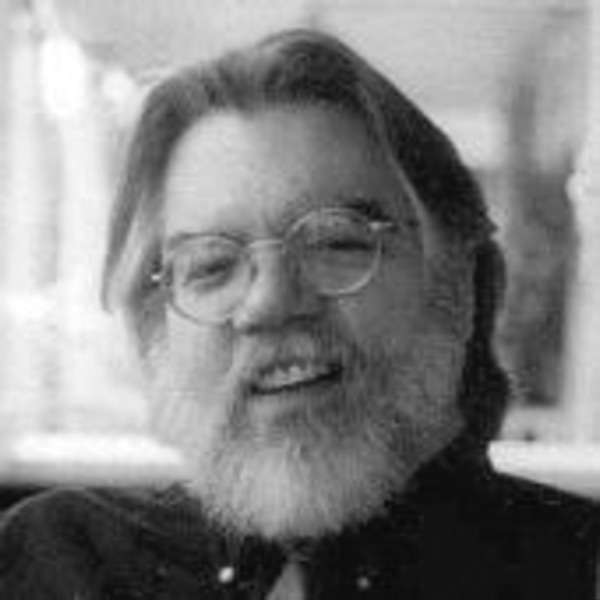Tricycle Talks: Listen to Buddhist teachers, writers, and thinkers on life’s big questions. Hosted by James Shaheen, editor in chief of Tricycle: The Buddhist Review, the leading Buddhist magazine in the West. Life As It Is: Join James Shaheen with co-host Sharon Salzberg and learn how to bring Buddhist practice into your everyday life. Tricycle: The Buddhist Review creates award-winning editorial, podcasts, events, and video courses. Unlock access to all this Buddhist knowledge by subscribing to the magazine at tricycle.org/join
- Home
- Top Charts
- Top Networks
- Top Apps
- Top Independents
- Top Podfluencers
- Top Picks
- Top Business Podcasts
- Top True Crime Podcasts
- Top Finance Podcasts
- Top Comedy Podcasts
- Top Music Podcasts
- Top Womens Podcasts
- Top Kids Podcasts
- Top Sports Podcasts
- Top News Podcasts
- Top Tech Podcasts
- Top Crypto Podcasts
- Top Entrepreneurial Podcasts
- Top Fantasy Sports Podcasts
- Top Political Podcasts
- Top Science Podcasts
- Top Self Help Podcasts
- Top Sports Betting Podcasts
- Top Stocks Podcasts
- Podcast News
- About Us
- Podcast Advertising
- Contact

 Our TOPPODCAST Picks
Our TOPPODCAST Picks  Stay Connected
Stay Connected


